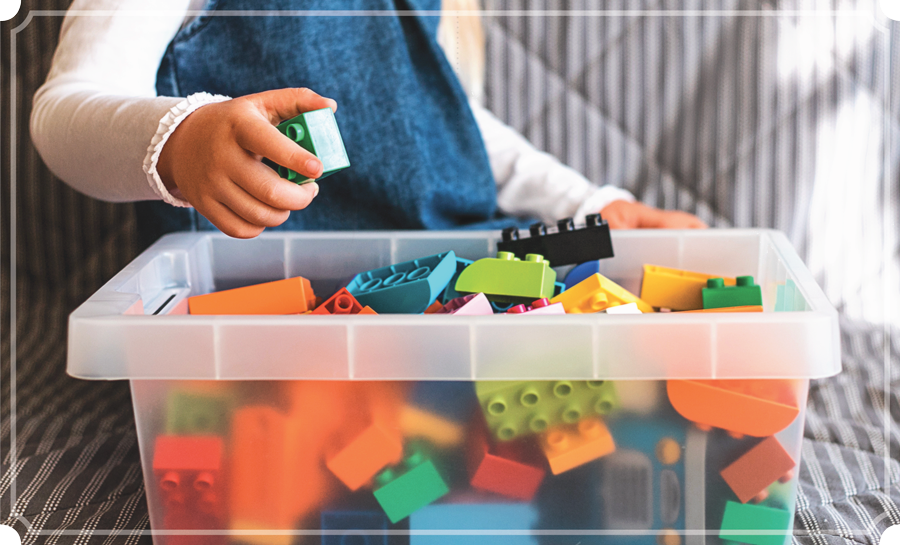
Colleen Kessler, M.Ed.
Strengthening Executive Function Skills
What people don’t see at first glance is the distractibility, disorganization, poor planning, and lack of emotional regulation that my crazy, chaotic, creative, and very fun kids show on a day-to-day basis. There are all sorts of executive function struggles in our home.
Maybe there are in yours, too?
Executive function skills are the mental processes that allow us to plan, focus, remember instructions, and take on multiple tasks successfully. Just like air traffic controllers manage arrivals and departures of many flights on many different airport runways, our brains need to:
- Filter distractions
- Prioritize tasks
- Set and achieve goals
- Control impulses while regulating reactions and emotions
Executive function skills are the control center of the brain, and when kids struggle with any of the different ones, it affects their home, school, and life experiences. So, what are the different skills, and how can we help our kids tackle them so they can be successful?
Executive function skills depend on three types of brain function—working memory, mental flexibility, and self-control. These areas are interrelated and need to work together for successful application of executive function skills. Each type of skill complements the others.
- Working memory retains and uses specific pieces of information over short time frames.
- Flexibility in thinking allows us to sustain attention—or shift it—in response to what is happening around us.
- Self-control helps us set priorities and resist impulses.
While children aren’t born with these skills, they are born with the potential to develop and then strengthen them. Some kiddos, especially those who are neurodiverse or struggle with ADHD, need more support than others as they learn and develop their executive function skills.
For a busy homeschooling mom of kids who struggle with planning, organization, time management, emotional regulation, and all the other little things that stem from executive function skills—knowing that you now need to help boost those skills too might seem a little overwhelming when added to all the other things you need to do in a day. And, while it is a good idea to teach your children these skills directly, and show them ways to keep themselves organized, there are some easy and practical things you can do in your homeschool and family life to make strengthening executive function skills seem fun and not like something else to fit in!
So, what can we do when our kids are in desperate need of an executive function skills boost, and we’re just too overwhelmed ourselves to add in more things (and our own executive function struggles just can’t handle more on the to-do list either)?

Try using puzzles. Puzzles use problem-solving, flexibility, organization, planning, and working memory skills. You can use physical puzzles or find digital ones—they all challenge the brain in different ways. We love logic grids and other deductive reasoning puzzles.
Ask lots of questions. Ask your kids at breakfast:
- What are three things you need to do today?
- What are some possible things that might make you lose your cool?
- How can you start getting ready for co-op tonight instead of tomorrow morning?
These simple questions can spark discussions about executive function skills and help your kids think about how they do things along with ways to improve.
Talk about time. A lot of kids struggle with time. When we talk about time and deadlines, we can help kids make sense of this abstract concept. For example, you might say to your child, “We have about ten minutes left before we need to leave for piano lessons. We have just enough time to stop what we’re doing and clean up before we need to go.”
Estimate how long it will take to complete tasks. Before doing any activity, have your kids stop and think out loud about how long they think it will take to finish. They can even time themselves and check to see how well they estimated. You can do this with practically anything, but a few examples are cleaning up a room, writing down schoolwork, or getting ready for an activity.
Make a schedule. Before starting each day, take a few minutes and write out the schedule. This is a helpful technique to model for kids, and it also gives them an overview of what to expect for the day. After a few weeks, have your kids help you create the schedule. Eventually you can transition to your kids making their own daily schedules.
Write in a planner or calendar. This simple daily task has lifelong benefits! Writing in a planner or calendar helps build planning, organization, and time management skills. Make it a habit to keep a calendar updated on a regular basis, and if your children are old enough, have them keep their own.
Reward yourself (and your kids) after finishing a task. Sometimes our society is so work-focused that we forget to enjoy the adventure of life. Rewarding ourselves for a job well-done is critical to helping kids feel proud of the work they’ve accomplished. Whether it’s a quick break, time to watch a short video, or a treat, it’s okay to give you and your kids a reward sometimes.
No child is born with all their executive function skills intact and solid from the get-go. They need to be developed over time, and all children struggle at one time or another with one or more of these skills. Help them improve a little bit at a time, and they’ll get there with your support.
Just like my chaotic crew, yours will manage to make it to a class or to their job on time with the right materials in hand someday. They may need to set multiple alarms and write things out on two or three different calendars, but they’ll find their way.

